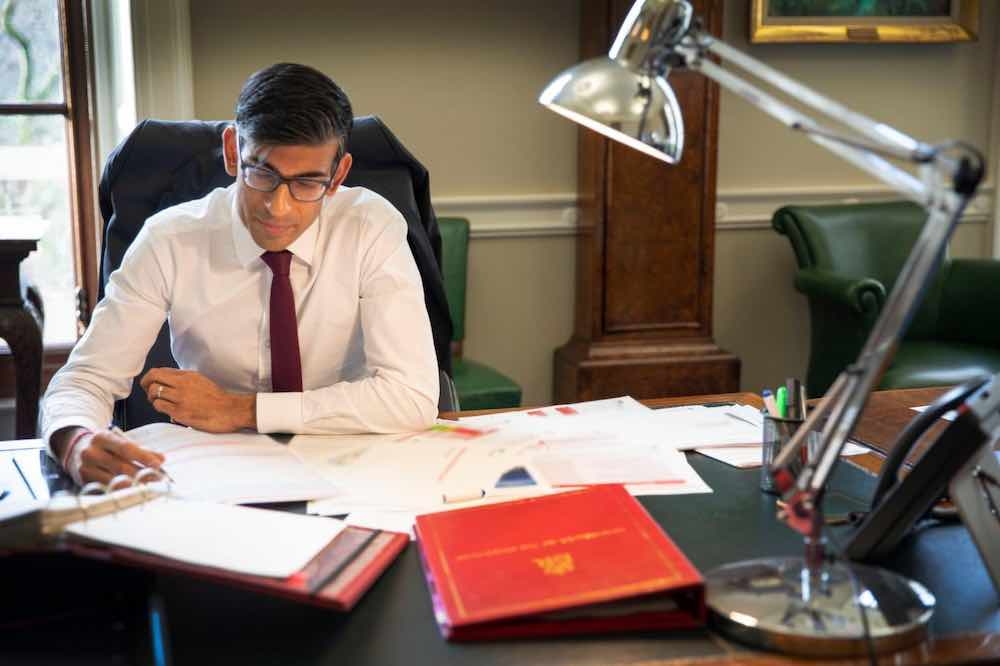Chancellor Rishi Sunak has extended the furlough scheme until the end of March, with the government paying up to 80% of wages.
He has confirmed that Scotland, Wales and Northern Ireland will also receive the furlough scheme.
Mr Sunak also confirmed that the next self-employment grant (November to January) will double to 80% of average profits up to £7,500.
In his address to the House of Commons this afternoon, the Chancellor said he is offering “significant extra support to protect jobs and livelihoods in every region and nation of the UK.”
He said the policy will be reviewed in January to decide “whether economic circumstances are improving enough to ask employers to contribute more.” He said this means the Job Retention bonus falls away from the government’s plans.
The statement follows the announcement from The Bank of England this morning that it is adding an additional £150bn of quantitative easing to help boost the economy.
According to a survey by Financial Planning Today in June, many planning firms have used the furlough scheme. Just under half of Financial Planning and Paraplanning firms (46.9%) reported they had furloughed team members.
So far, around 9.6 million Britons have benefits from the furlough scheme according to HM Revenue and Customs.
The furlough scheme was due to end on 31 October but had been extended to cover the new four-week lockdown in England.
Rachel Griffin, tax and financial planning expert at Quilter, said this extension to the furlough scheme could indicate that the new lockdown will last longer than the four weeks so far announced. She said: "It’s clear businesses face a long, tough winter already, but extending the furlough scheme for a further five months could reasonably be interpreted as an indication that the lockdown restrictions will continue for much longer than the four weeks originally envisaged. Once more, businesses will face further disruption and uncertainty once the transition period ends at the start of 2021 and the UK finally leaves the EU."

